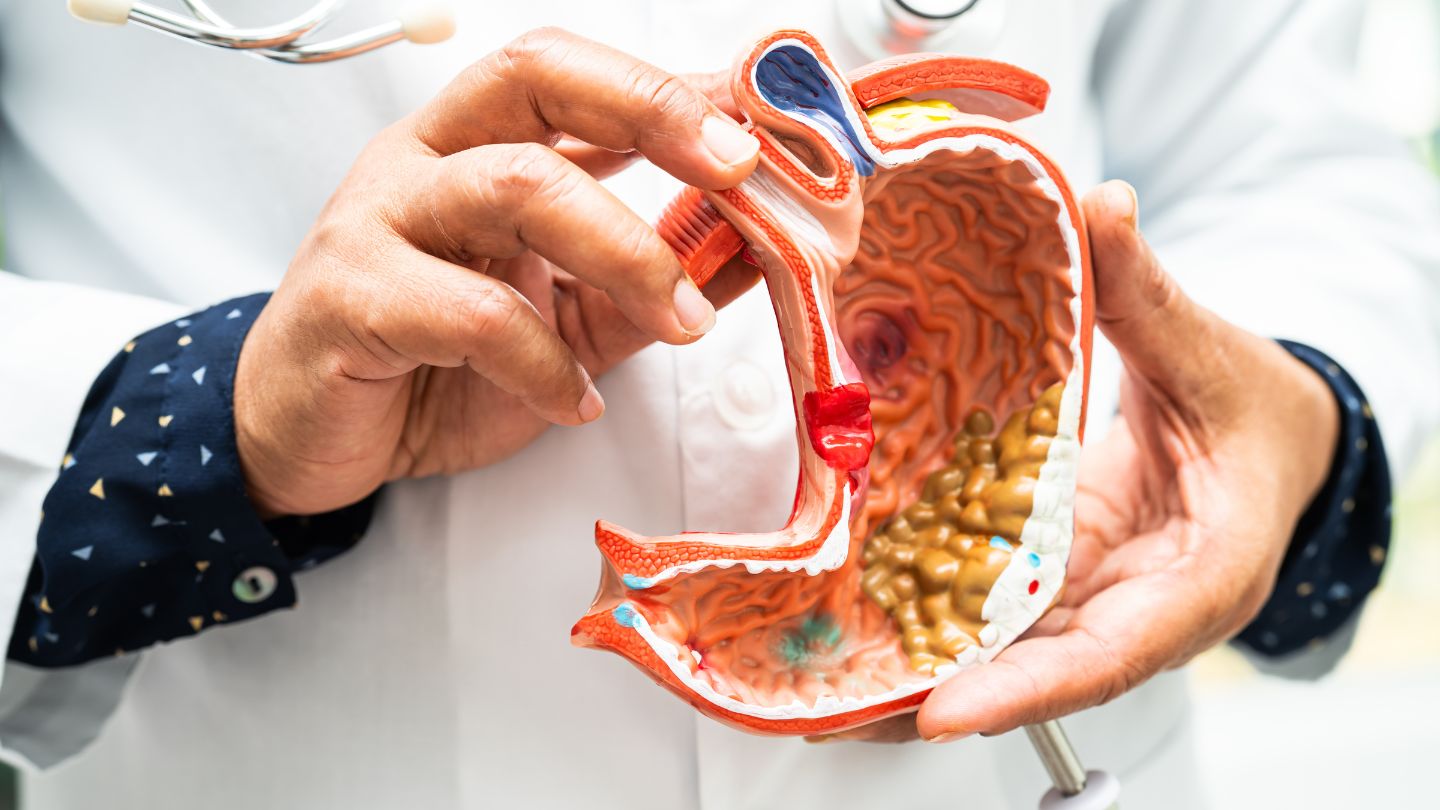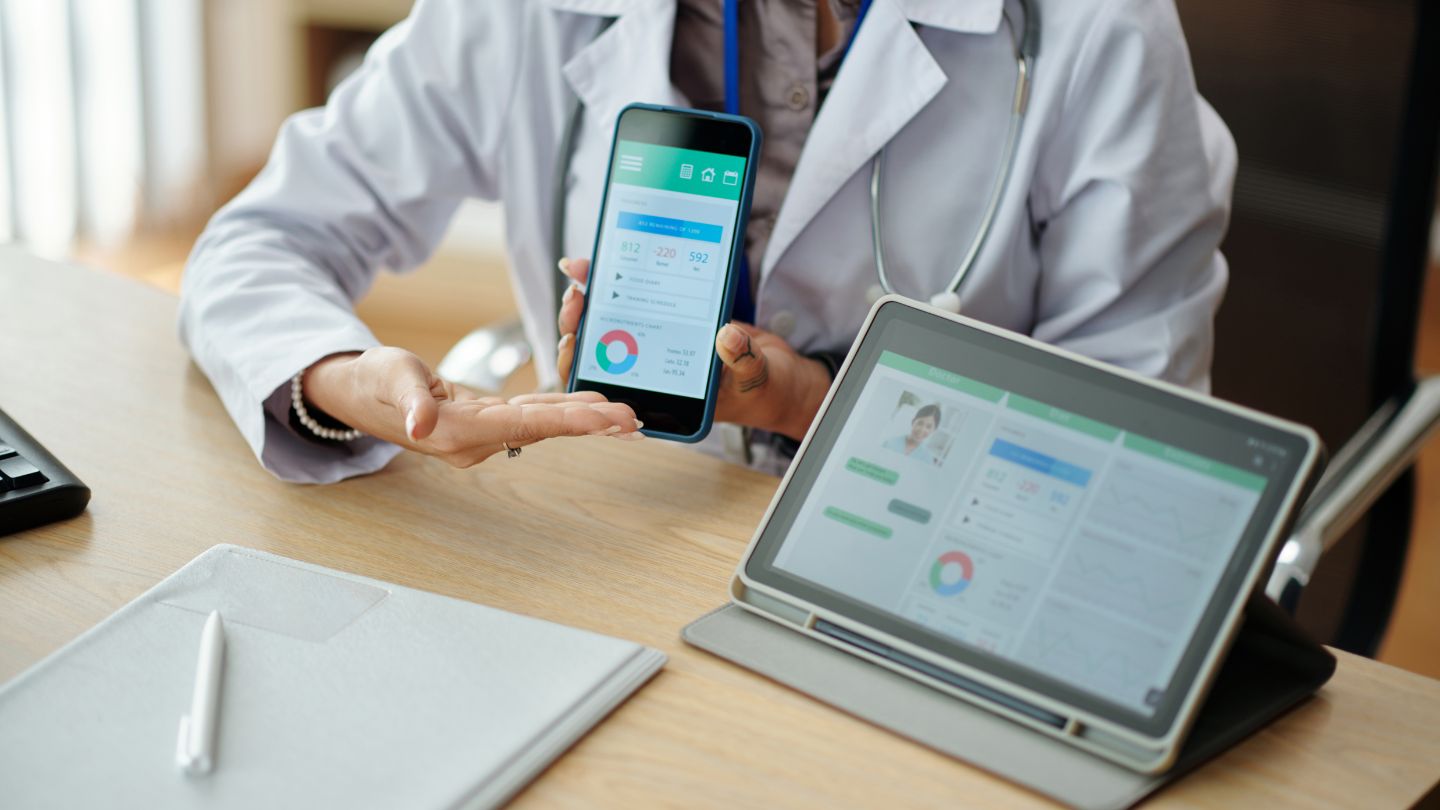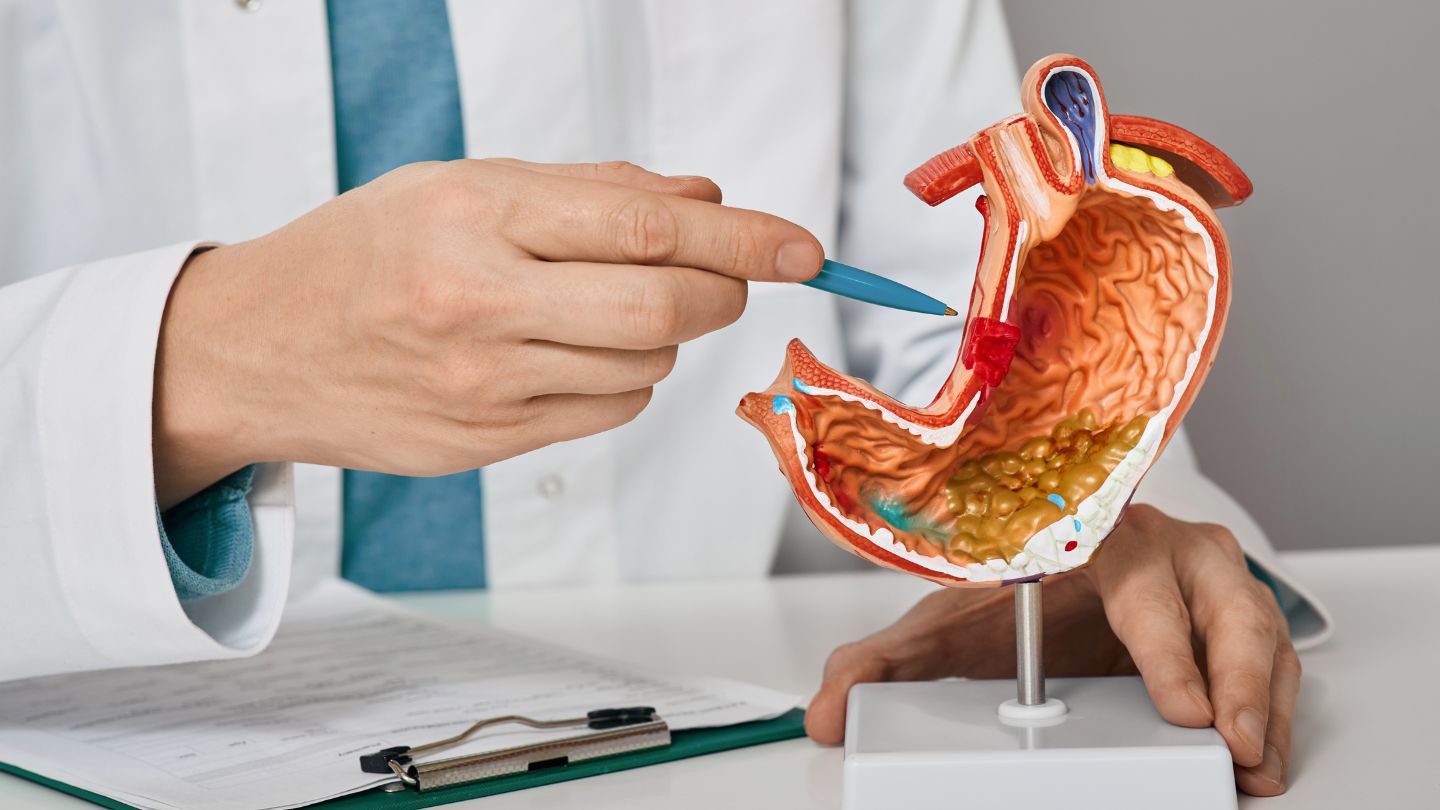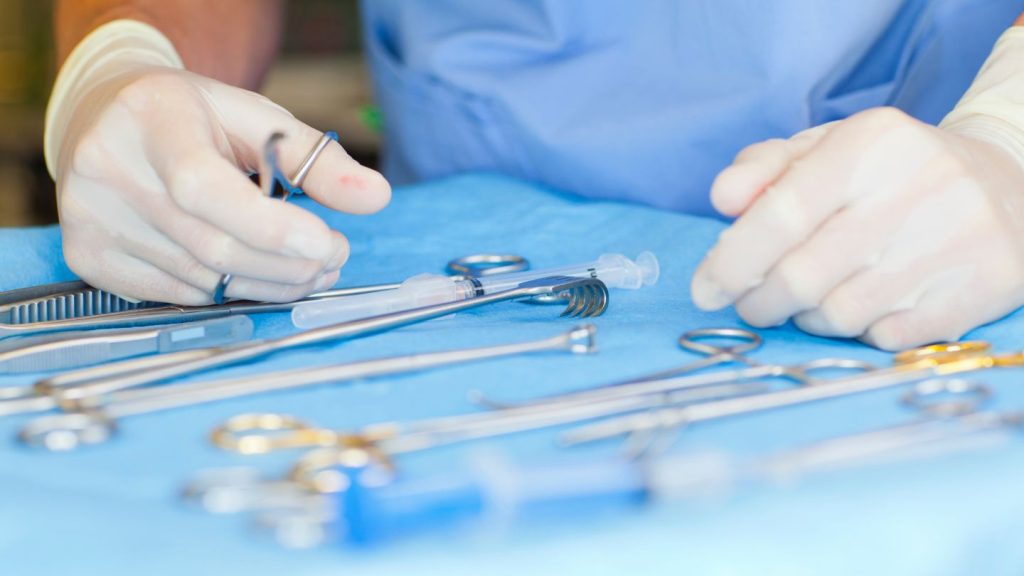The Importance of Regular Follow-Up Appointments After Gastric Sleeve Surgery in Maryland
Why are regular follow-up appointments crucial after gastric sleeve surgery in Maryland? These appointments play a vital role in your recovery and long-term health. They help monitor your healing, manage weight loss, and adjust your dietary and medication plans. In this blog, we will explore the importance of regular follow-up appointments after gastric sleeve surgery in Maryland and how they can enhance your overall well-being.
Read more : What Medication to Take and What to Avoid After Gastric Sleeve Surgery?
Key Takeaways
- Regular follow-up appointments are essential for monitoring recovery, identifying complications, and adjusting treatment plans post-gastric sleeve surgery.
- Nutritional guidance and support during follow-up visits are crucial for managing dietary changes and preventing nutritional deficiencies, ensuring long-term weight management.
- Emotional and psychological support through follow-up care promotes resilience and accountability in patients, helping them navigate lifestyle changes and maintain health after surgery.
The Role of Follow-Up Appointments in Gastric Sleeve Surgery
Follow-up appointments and post-operative visits are crucial for successful recovery and long-term health after weight loss surgery. These visits monitor patient progress, ensure proper healing of the surgical site, and identify potential issues early.
Continuous follow-up in the months after surgery tracks improvements in comorbidities like diabetes and hypertension to ensure adequate post-operative care. This ongoing care adjusts treatment plans to maximize health benefits and prevent complications.
Routine visits detect physiological changes that may require treatment or lifestyle adjustments, ensuring patients stay on track with their physical examination, weight loss, and health goals.
Monitoring Weight Loss Progress

Consistent check-up meetings are crucial for the majority of patients to attain more significant weight loss and shed pounds. During these sessions, physicians assess advancement and confirm that patients are reaching their anticipated goals.
By monitoring progress at each appointment, there’s an opportunity to modify meal strategies and exercise regimens in accordance with the changing requirements of the patient. Such tailored adjustments become particularly essential as individuals move from a liquid diet towards consuming solid foods while maintaining proper nourishment.
Acknowledgment and celebration of achievements beyond just numerical weight reduction play an important role in supporting a patient’s mental health. These regular appointments offer a well-organized setting to tackle potential weight regain early on, flagging possible issues that require immediate intervention.
Nutritional Guidance and Support
Proper nutrition post-surgery is a key aspect of follow-up care. Regular blood tests during visits detect and address common nutritional deficiencies after gastric sleeve surgery.
A balanced diet rich in nutrient-dense foods is crucial for successful weight management. Follow-up care guides patients in transitioning from liquid to solid foods while making healthy dietary choices. Tracking food intake and physical activity helps maintain a healthy lifestyle, preventing complications from nutritional deficiencies.
Patients are advised to avoid high-calorie, low-nutrient foods and aim for a caloric intake that supports their new lifestyle. Consuming adequate protein and small, frequent meals helps maintain muscle mass and promotes overall health. It is also beneficial to eat slowly.
Read more : Diet After Gastric Sleeve Surgery
Early Detection of Complications

Postoperative observation following laparoscopic adjustable gastric sleeve surgery is crucial for the early identification of potential complications associated with the gastric pouch. Consistent post-surgical care allows for the detection and treatment of problems such as infections or leaks in the stomach.
Leaks in the gastrointestinal tract can emerge within a week following the procedure, necessitating prompt medical intervention. Continuous experiences of symptoms such as nausea or vomiting should be immediately examined by a medical professional.
By keeping up with scheduled follow-up visits, patients reduce their likelihood of encountering grave complications. Steady surveillance enables healthcare providers to pinpoint and address issues during their initial stages, which promotes a more comfortable recuperation process and enhances overall health results.
Psychological and Emotional Support
The emotional journey post-surgery is as significant as the physical one. Patients face challenges like body image concerns and changes in relationships. Professional counseling supports navigating these emotional difficulties.
Support groups provide a judgment-free space for patients to share experiences and challenges related to weight loss surgery. These groups foster accountability and encourage adherence to weight loss regimens.
Support networks enhance emotional resilience by allowing members to share success stories and setbacks. Follow-up sessions help patients develop strategies to avoid reverting to unhealthy eating habits, keeping them on track.
Adjusting Medication and Supplements
Regular check-ups adjust medications and supplements based on changing health needs and lab results. Monitoring health changes during visits allows for timely medication adjustments, enhancing recovery and health outcomes.
Post-surgery, patients should be cautious with NSAIDs, as they can cause ulcerations and perforations. Calcium citrate is preferred over calcium carbonate for supplementation due to better absorption.
Follow-up visits ensure prompt adjustments to medications and supplements, supporting overall health and well-being.
Long-Term Health Monitoring

After undergoing gastric sleeve surgery, ongoing follow-up is crucial for the management and monitoring of associated conditions such as diabetes and hypertension. Consistent oversight substantially enhances the overall health results for patients.
Following bariatric surgery, there may be changes in how medications are processed by the body. This could mean that dosages need to be modified to ensure proper drug absorption. As a result of these altered pharmacokinetics, individuals who have had bariatric procedures might have to transition from using extended-release medications to those with immediate-release formulations.
Gathering comprehensive data after surgery is essential for evaluating the enduring effects of bariatric interventions, providing valuable insights into postoperative progress. This information is instrumental in grasping the full extent of surgical outcomes and aids in tailoring future healthcare strategies effectively—highlighting its importance when planning subsequent care following bariatric operations.
Encouraging a Healthy Lifestyle
Commitment to significant lifestyle changes ensures the success of weight loss surgery. Dietary changes and regular exercise help maintain new weight after gastric bypass surgery.
Follow-up visits reinforce healthy habits and encourage regular exercise. For the first six weeks post-surgery, limit exercise to walking, gradually increasing activity levels as recovery progresses.
Patients should develop healthy coping strategies, replacing emotional eating with activities like journaling or yoga. These strategies are vital for maintaining long-term health and well-being and can help prevent an eating disorder.
Read more : What Foods Can You Not Eat After Gastric Sleeve Surgery?
Building a Support Network

Having a robust network of support consisting of relatives, companions, and support circles is crucial for navigating the emotional hurdles following an operation. The presence of such a supportive environment greatly improves one’s emotional health and plays a key role in achieving enduring contentment.
Attending follow-up meetings helps to forge and sustain bonds with both medical professionals and fellow patients. These periodic visits offer individuals the opportunity to tap into networks that play an essential part in their post-operative path while simultaneously promoting engagement with healthcare providers.
Summary
Regular follow-up appointments are essential to achieving lasting success after gastric sleeve surgery. These visits ensure your progress is closely monitored, allowing for adjustments in your care plan to optimize weight loss and overall health. They provide a vital opportunity to address potential concerns, maintain motivation, and adhere to the lifestyle changes necessary for long-term results.
At Ascension Saint Agnes Bariatric Surgery, we are dedicated to supporting your journey after your gastric sleeve in Maryland. Our team provides personalized care, guiding you every step of the way to help you reach and sustain your health goals. Schedule your follow-up with us today, and together, we can ensure your continued success and a healthier future. Contact us today, and together, we can ensure your continued success and a healthier future.
Frequently Asked Questions
Why are follow-up appointments important after gastric sleeve surgery?
Follow-up appointments are essential after gastric sleeve surgery to monitor progress and ensure proper healing while also allowing for early detection of potential complications.
Regular check-ins support optimal recovery and long-term success.
How do follow-up visits help in weight loss progress?
Regular follow-up appointments are crucial because they allow for the monitoring of progress, fine-tuning nutritional strategies, and tackling any concerns regarding potential weight gain, all of which significantly contribute to the successful achievement of weight loss goals.
What kind of nutritional support is provided during follow-up appointments?
Regular follow-up visits provide nutritional assistance by conducting blood tests to detect any nutrient shortages, advising on how to keep a diet well-rounded, and keeping track of dietary consumption to guarantee adequate nourishment.
How do follow-up visits contribute to early detection of complications?
Regular monitoring through follow-up visits plays an essential role in the early identification of complications, including infections or leaks in the stomach. This facilitates prompt intervention when necessary.
Adopting this vigilant strategy markedly improves patient outcomes by ensuring issues are addressed swiftly and effectively.
What role does a support network play in post-surgery recovery?
Having a support network greatly improves emotional well-being and responsibility, both of which are essential for an effective recovery following surgery.
Robust relationships contribute to increased satisfaction and better health results over the long term.





















